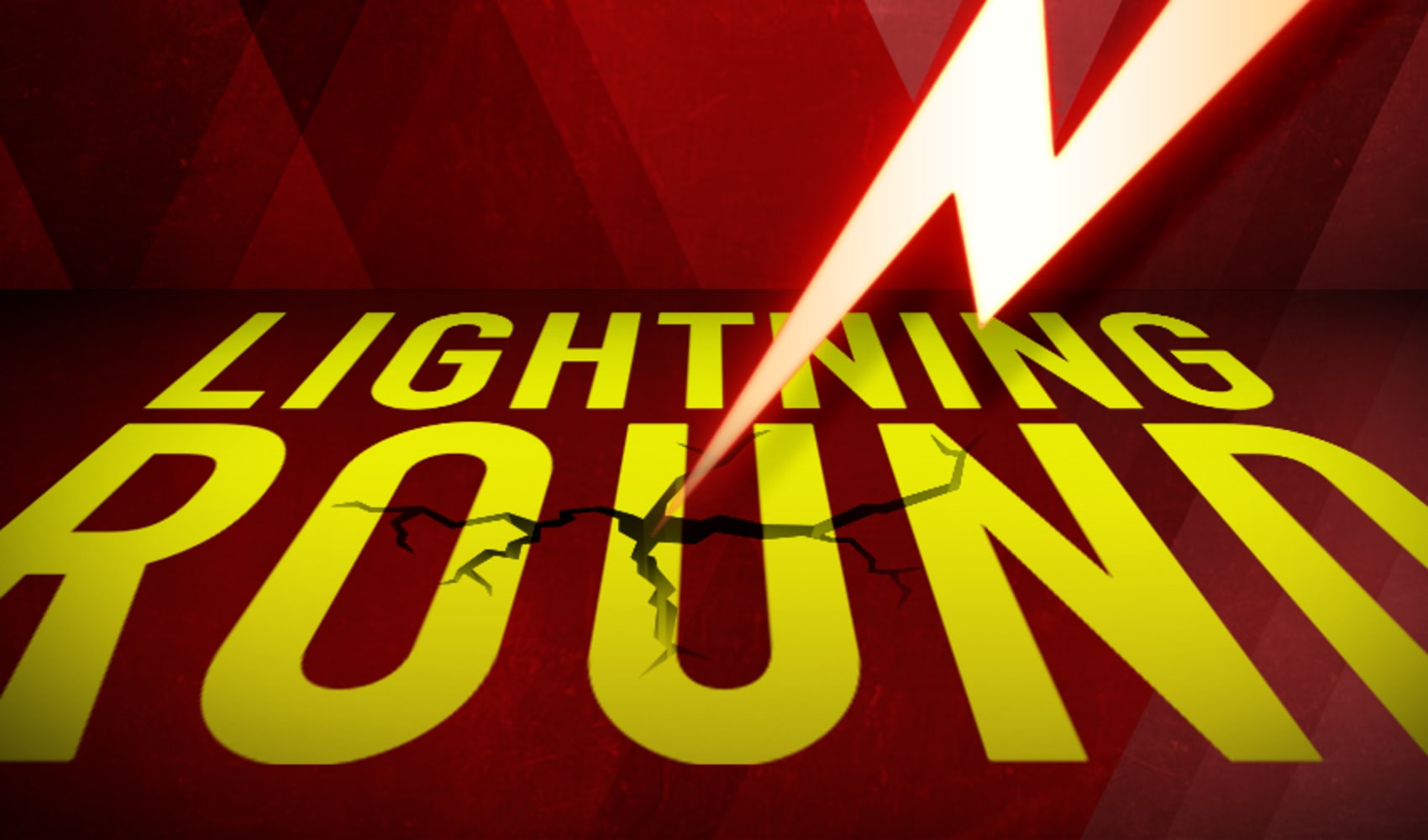
- Government funding is set to expire on Sept. 30, leaving less than a dozen working days for both chambers of Congress to pass all 12 appropriations bills and President Joe Biden to sign.
- A failure to do so would result in a government shutdown leading to furloughed workers, agencies closed and many essential programs placed in peril.
- Deep divisions remain between the parties with Republicans looking to implement large spending cuts unlikely to pass in the Democratic-controlled Senate.
WASHINGTON — Concerns over a potential government shutdown have reached a fever pitch as the House of Representatives returns to session this week with little progress to show on budget negotiations.
WATCH ANYTIME FOR FREE
Stream NBC10 Boston news for free, 24/7, wherever you are. |
Government funding is set to expire on Sept. 30, leaving less than a dozen working days for both chambers of Congress to pass all 12 appropriations bills and President Joe Biden to sign. The Republican-led House has only managed to pass one.
A failure to do so would result in a government shutdown leading to furloughed workers, agencies closed and many essential programs placed in peril.
Get updates on what's happening in Boston to your inbox. Sign up for our News Headlines newsletter.
"There's no reason for a government shutdown," White House Press Secretary Karine Jean-Pierre said Wednesday at a briefing. "It is important for Congress to keep their promise that they made to the American people and do their job."
Deep divisions remain between the parties with Republicans looking to implement large spending cuts unlikely to pass in the Democratic-controlled Senate. The White House last month called on Congress to pass a short-term continuing resolution to keep government funding at its current levels while negotiations lag on.
Money Report
The House Freedom Caucus, which includes the most conservative members of the Republican Party, is looking to cut spending for the fiscal year 2024 to $1.47 trillion, or around $120 billion under what Biden and House Speaker Kevin McCarthy agreed to in May when the two sides last sparred over budget talks. The demand is a non-starter for both the White House and Senate leaders, including Minority Leader Mitch McConnell.
McConnell last month said budget negotiations were a "pretty big mess" and predicted a continuing resolution would be passed.
The Senate may have bipartisan support for a short-term stopgap funding bill but it's more complicated in the House. Freedom Caucus Republicans have said they oppose even passing the continuing resolution without concessions on border funding and if it includes money for Ukraine.
Some hardline Republicans were holding out support until McCarthy agreed to launch an impeachment inquiry into Biden, which he announced he would Tuesday. Rep. Marjorie Taylor Greene, R-Ga., said she would not vote on any necessary budget bills unless impeachment proceedings began. Republicans supporting the impeachment push remain murky on what high crimes and misdemeanors Biden allegedly committed.
McCarthy is in a difficult situation. He is beholden to the needs of every member of his caucus, including the hardliners of his slim ten-person majority. This was on full display at the beginning of the session when it took 15 ballots, and many concessions, to elect him speaker. The speaker warned his caucus that a government shutdown would have negative effects on the impeachment process as well.
"If we shut down, all of government shuts down — investigations and everything else," McCarthy told Fox News last month.
Not all members of his caucus have signaled they are on board for impeachment. Rep. Ken Buck, R-Co., a member of the Freedom Caucus, called the situation "absurd" in an interview with MSNBC.
"The time for impeachment is the time when there's evidence linking President Biden — if there's evidence linking President Biden to a high crime or misdemeanor. That doesn't exist right now," Buck said. "And it is really something that we can say, well, in February, we're going to do this. It's based on the facts. You go where the facts take you."






